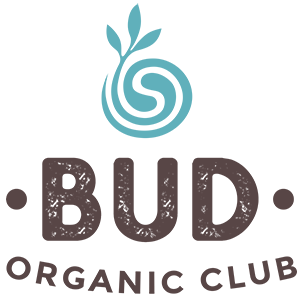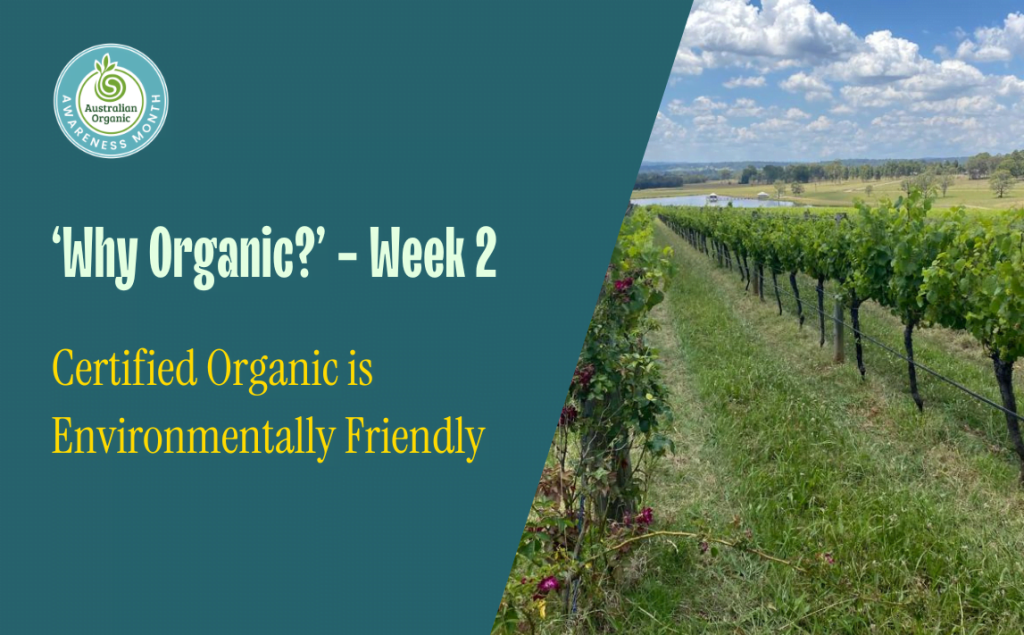You may have heard that certified organic systems are a better option for the environment, but have you wondered why? Certified organic farms can help to combat global warming and the harsh effects of climate change through improved biodiversity and a focus on soil health and resilience, which in turn can help to reduce carbon emissions.
Read on to find out more so you can make educated decisions on the foods you and your family eat.
Combatting climate change
The consequences of climate change are felt through the weather extremes that we continue to experience, with Australian farmers experiencing the consequences of this phenomenon. Farms commonly have the finger of blame pointed at them for their contribution to greenhouse gas emissions. However, multiple long-term trials have shown organic farming systems can emit up to 40% less carbon emissions than non-organic systems. One of the many reasons for this is the way that organic systems improve the health and potential of soil.
With more living micro-organisms in one teaspoon of soil than there are people on the planet, soil is a much more important player in combating climate change than you may think, and the world’s largest natural mainland tool to soak up carbon. Techniques used on organic farms such as intercropping, cover cropping, pasture cropping and intelligent livestock management assist in keeping the soil in optimal health. Healthy soil is rich in organic matter and beneficial micro-organisms. So, when the soil is healthy, it can store more water and can reduce soil-based pests and diseases, potentially making it easier to deal with the weather extremes that we will continue to see.
If you are interested in reading more about the benefits of soil, you can follow this link. However, all you need to remember is that:
- Healthy soil equals healthy food, and
- Soil is an important tool to fight climate change – don’t underestimate its power!
Are the effects of pesticides and synthetic fertilisers really that bad?
The introduction of GMOs and chemicals (such as glyphosate in 1974) immediately presented risks for the environment, wildlife, farmers, and our health. The combination of synthetic fertilisers used on non-organic farms release a gas called nitrous oxide into the atmosphere which is 265 times more potent than carbon dioxide in heating the atmosphere. These fertilisers are also likely to contaminate rivers, lakes, and other natural environments.
On the other hand, certified organic produce is grown without the use of toxic, chemical pesticides or synthetic nitrogen, and healthy soil and plant coverage also reduces the risk of fertiliser or chemical run-off. Plant coverage doesn’t just come from the biodiversity naturally found on organic farms, but also the dedicated spaces required for biodiversity.
Why is biodiversity important?
At least 5% of certified organic farmland must not be a part of production, and instead be dedicated to biodiversity. Organic farmers have systems that create naturally diverse systems, especially when compared to monoculture farming systems that require the same external nutrient inputs and create an unnatural environment. Organic systems allow for native flora, fauna and pollinators to inhabit the farm.
One such example of a certified organic operator that promotes environmental sustainability is Cleaver’s Organic Meat. All of their products are 100% certified carbon neutral, with carbon emissions offset through the purchase of credits and on-farm carbon sequestration. They have also partnered with Meat and Livestock Australia in a groundbreaking study to fully integrate carbon offset initiatives into their supply chain, encompassing biodiversity, natural capital and regenerative grazing practices.
Cleaver’s is one of many brands certified to the Australian Certified Organic Standard, meaning they adhere to farming practices that prioritise soil health and biodiversity. Persistent chemicals, toxic pesticides and genetic modification are not permitted at any stage of production or processing, and all animals are free to roam and graze exactly as nature intended.
If you are looking for a way to make a positive impact on the environment through what you eat, choosing organic products is a practical decision that makes big difference! Remember to look for a certification mark on your organic products next time you go shopping.


